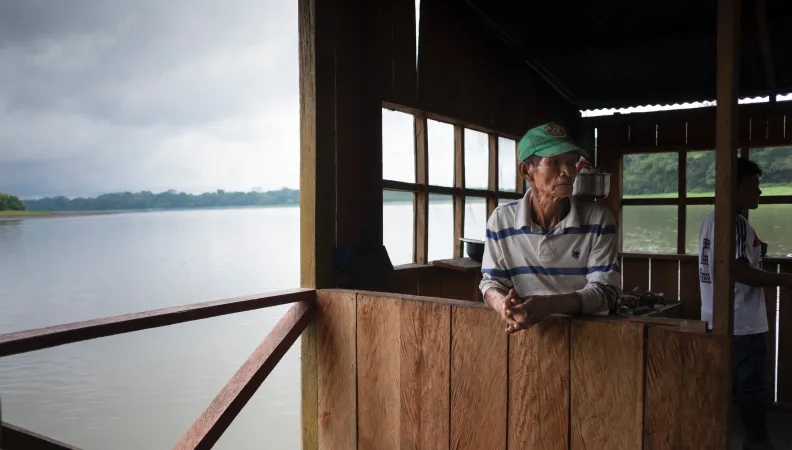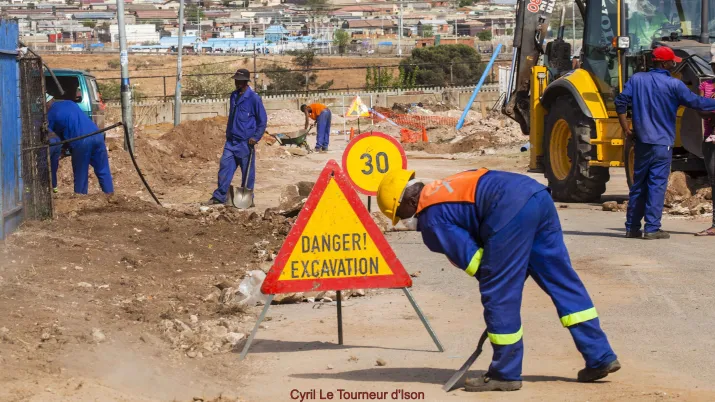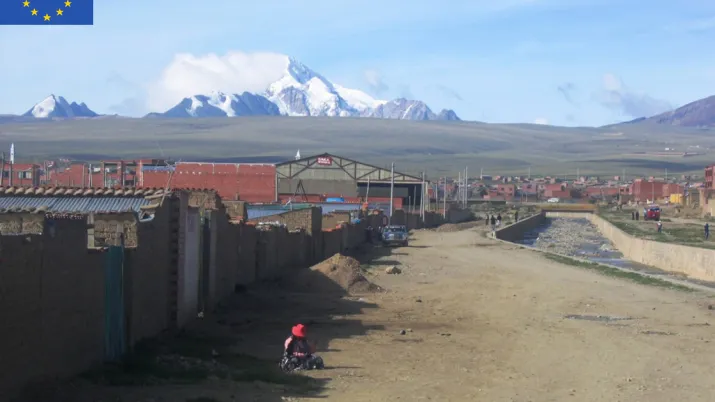Share the page
Green jobs, pension system and inequality after retirement in Colombia

-
Project start date
-
2023Status
Completed
-
Project end date
-
2025
-
AFD financing amount
-
45000
-
Country and region
-
Partners
-
Research program
How can green transition policies impact labour market segmentation between formal and informal sectors in Colombia? What consequences on income inequality after retirement? The Extension of the EU-AFD Research Facility on Inequalities program seeks to explore these questions in collaboration with Universidad de los Andes.
Context
The design of the Colombian pension system exacerbates income inequality and poverty after retirement age. High informality rates (over 60% of total employment, according to OECD) imply that many workers in Colombia have a low probability of qualifying to get a contributory pension. Despite the targeted support provided to the vulnerable population through pension assistance programs, this support tends to be low compared to other countries in Latin America and the Caribbean.
The relationship between informality and inequality after retirement plays a central role in the discussion of policies affecting the labour market. One dimension that has not been explored in the public policy debate is how policies aimed to mitigate climate change (and more specifically the creation of green jobs) can affect the distribution of workers between the formal and informal sectors, and how it can have an impact income inequality after retirement.
This project is part of the Extension of the EU-AFD Research Facility on Inequalities. Coordinated by AFD and financed by the European Commission, the Extension of the Facility will contribute to the development of public policies aimed at reducing inequalities in four countries: South Africa, Mexico, Colombia and Indonesia over the period 2021-2025.
Objectives
This project seeks to contribute to the public policy debate by analysing the effects that scenarios of a green economic transformation may have on income inequality after retirement, via the reallocation of workers between the formal and informal labour markets.
The project will aim to answer following questions, in the Colombian context:
- What are the environmental properties of jobs?
- How can economic transformation towards a more sustainable economy change the composition and transitions between the formal and informal sector?
- What is the impact on inequality and fiscal viability of implementing those policy scenarios?
In addition, the project will evaluate prospective scenarios during the discussion of the pension reform in the Colombian Congress and will develop a simulation model for the use of the Ministry of Finance and Public Credit.
Method
The project will be implemented in three stages:
- The research team will first characterize the environmental properties of jobs in Colombia.
- In the second stage, the team will calibrate the transition matrices between employment states and wages to introduce to the microsimulation model. In this stage, the team will propose the economic transition scenarios to simulate.
- In the final stage of the project, the team will prepare a final report with the simulation results and policy discussion.
Research findings
You will find below the different research papers related to this project:
Contact
-
Anda DAVID
Economist, scientific coordinator of the EU-AFD Research Facility on Inequalities




